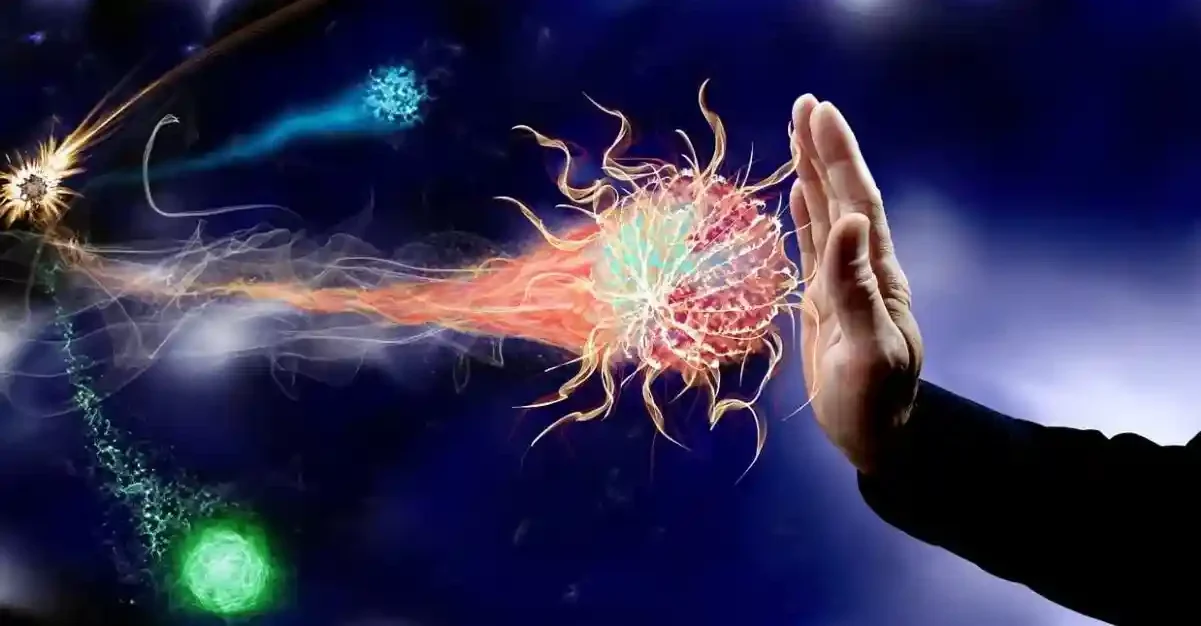
Tip #9 Breastfeed your baby
Breast-feed to reduce cancer risk
Overview
•There is unequivocal evidence that breastfeeding protects against a variety of diseases and conditions in infants.
•Breast-feeding protects infants against lymphoma, leukemia, and Hodgkins disease
•There are also maternal health benefits to breastfeeding such as decreased risk of breast and ovarian cancers.
•Breast-feeding decreased postpartum bleeding and more rapid uterine involution.
•In a study, the longer women had breastfed during their lifetime, the less likely they were to get breast cancer.
•Research now looking into whether breastfeeding can help to protect women with faulty genes – BRCA1 and BRCA2.
Benefits of Breast Feeding
Source: American Academy of Pediatrics (AAP)
Most health professionals are familiar with the benefits of breastfeeding. The AAP continues to support the unequivocal evidence that breastfeeding protects against a variety of diseases and conditions in the infant such as:
- bacteremia
- diarrhea
- respiratory tract infection
- necrotizing enterocolitis
- otitis media
- urinary tract infection
- late-onset sepsis in preterm infants
- type 1 and type 2 diabetes
- lymphoma, leukemia, and Hodgkins disease
- childhood overweight and obesity
There are also maternal health benefits to breastfeeding such as:
- decreased postpartum bleeding and more rapid uterine involution
- decreased menstrual blood loss and increased child spacing (lactational amenorrhea)
- earlier return to prepregnancy weight
- decreased risk of breast and ovarian cancers
Breastfeeding is also a great benefit to the environment and society. Breastfeeding families are sick less often and the parents miss less work. It does not require the use of energy for manufacturing or create waste or air pollution. There is no risk of contamination and it is always at the right temperature and ready to feed.
Breastfeeding and Cancer
Source: American Institute for Cancer Research
Many know that breastfeeding gives babies a healthy start in life. It provides the nutrients babies need, helps protect them from infections and asthma and boosts their immune system.
But relatively few know that breastfeeding protects both mother and child against cancer.
But that finding is why AICR recommends that new mothers breastfeed exclusively for up to six months and then add other liquids and foods. This advice is in line with recommendations from the World Health Organization.
How is breastfeeding linked to cancer prevention?
There is convincing evidence that breastfeeding reduces the risk of breast cancer in mothers and probably helps prevent excess weight gain in their children.
What are the long-term benefits for the baby?
Breastfed babies have a decreased risk of becoming overweight or obese as they grow. Research shows that babies who are breastfed are less likely to consume too many calories than babies who are fed infant formula.
It is now well known that obesity is a strong risk factor for many cancers, including those of the colon and breast in postmenopausal women).
What are the long-term benefits for the mother?
As well as helping mothers lose any excess baby weight more quickly, breastfeeding can reduce the risk of breast cancer.
The protective effect of breastfeeding is likely due to the balance of hormones produced during the breastfeeding process. By lowering levels of some cancer-related hormones in the mother’s body, risk of cancer is reduced.
Also, at the end of breastfeeding, the body gets rid of many cells in the breast, some of which may have DNA damage. This reduces the risk of developing breast cancer in the future.
Page updated 2024

